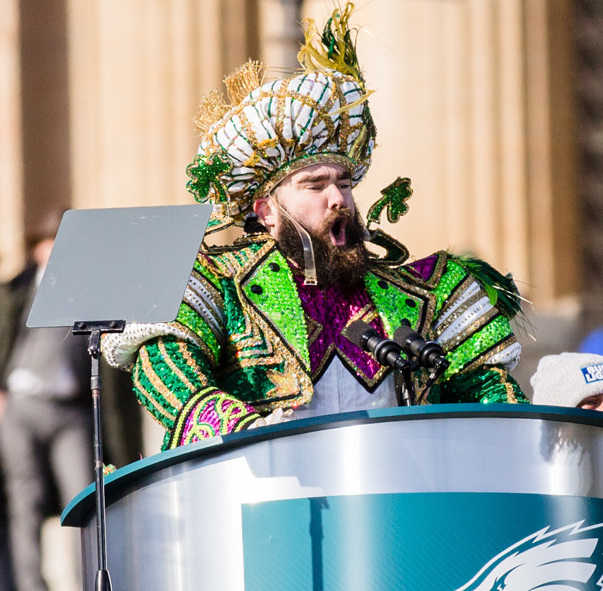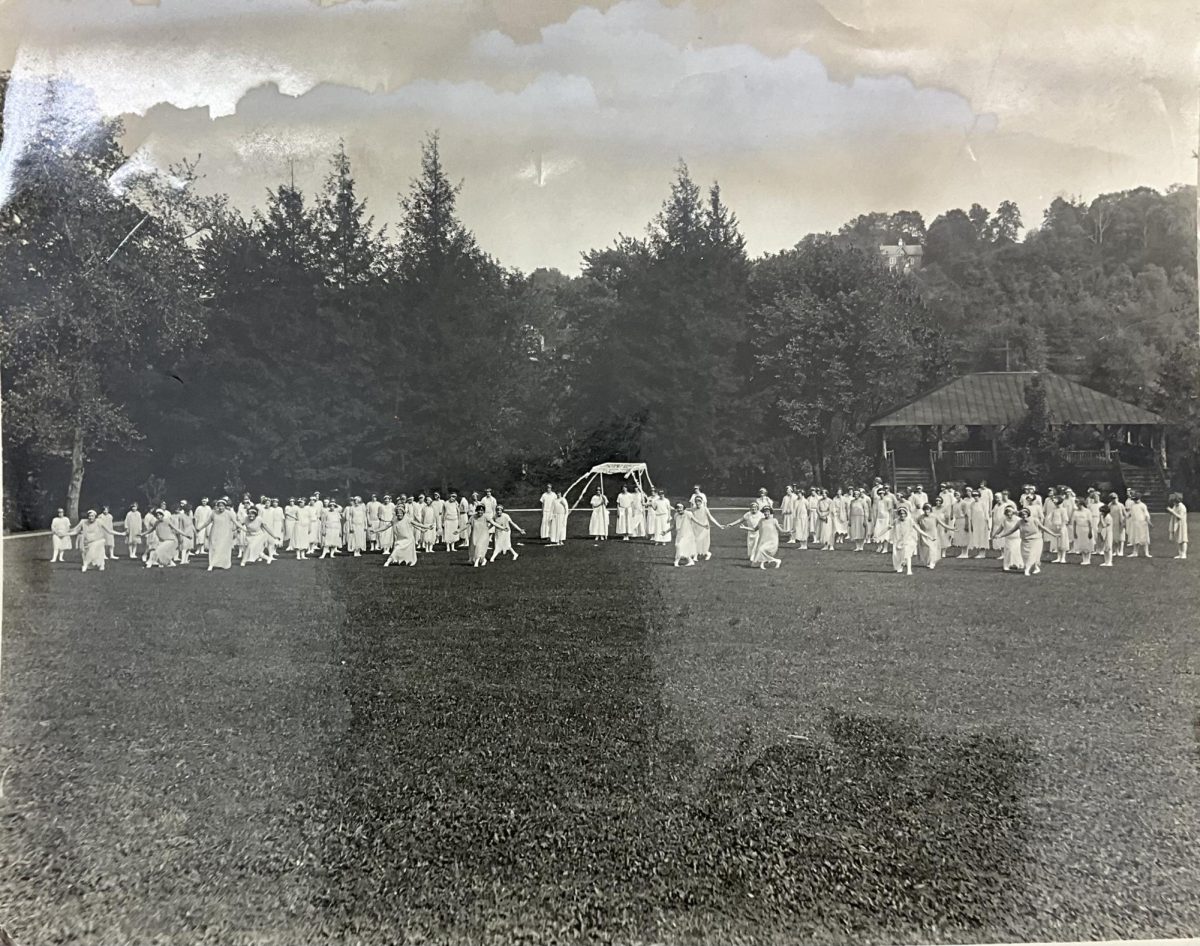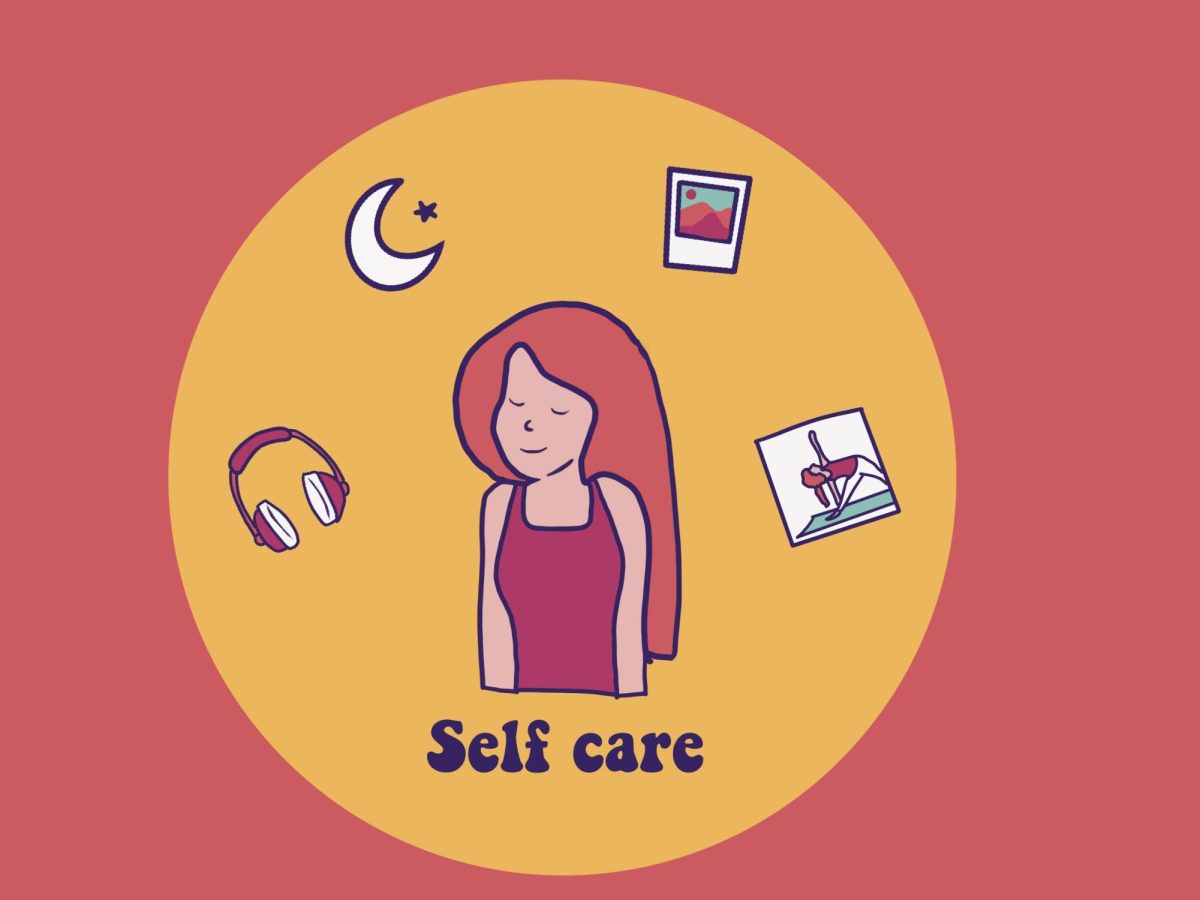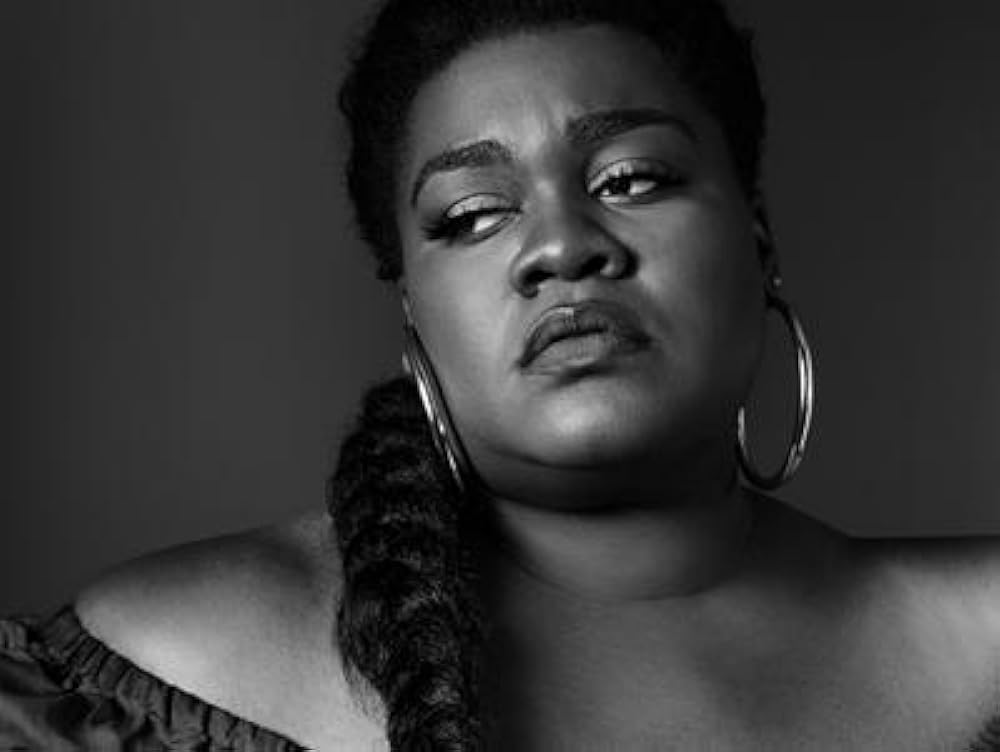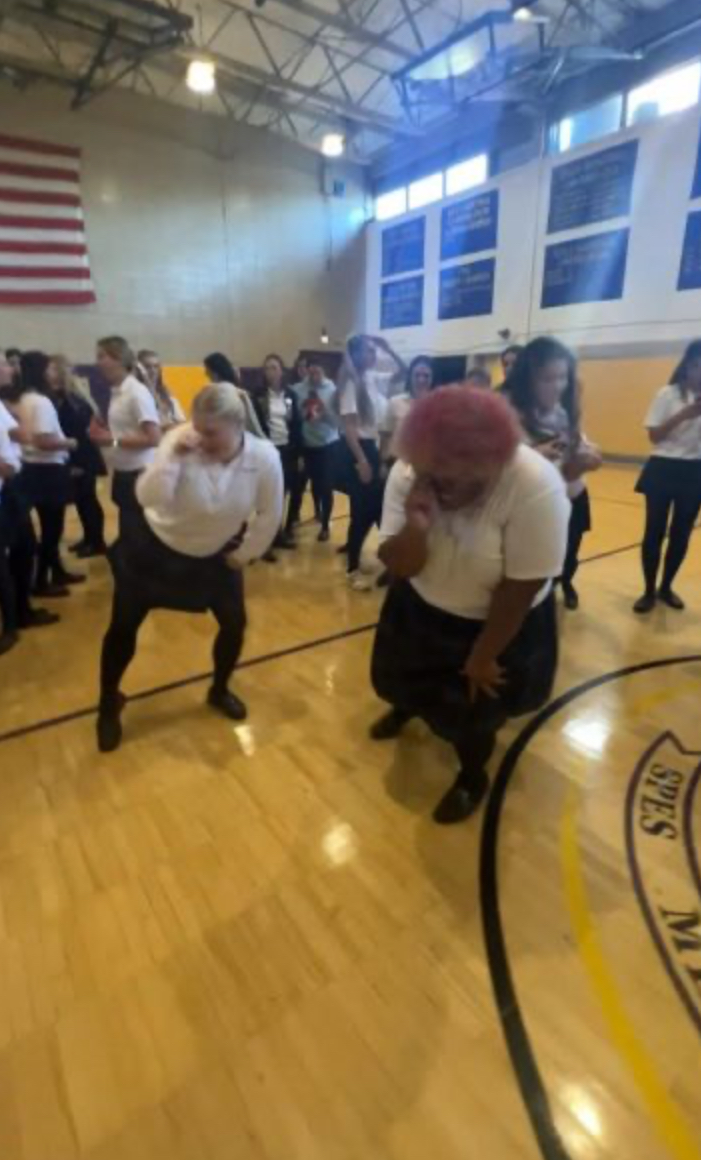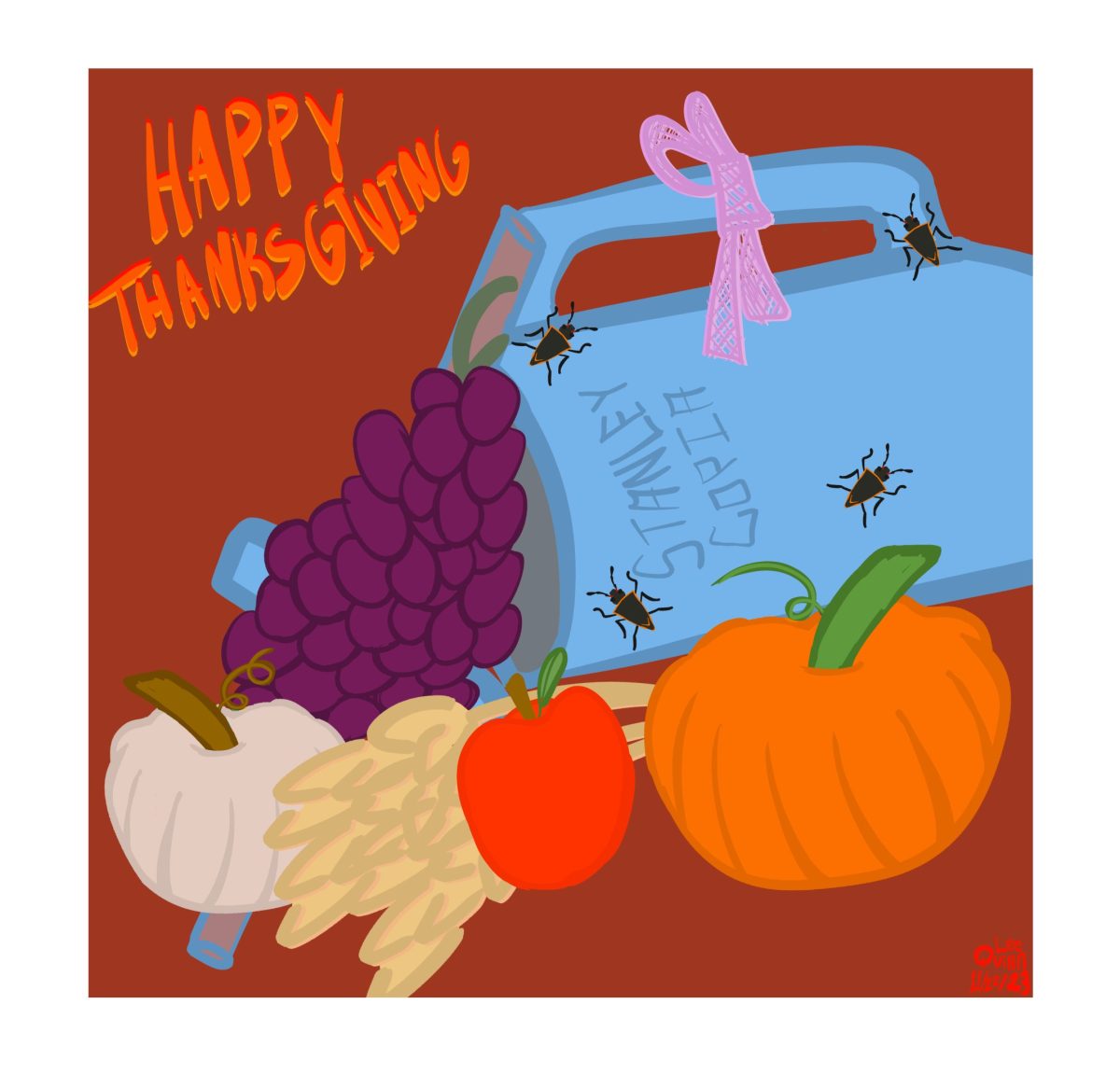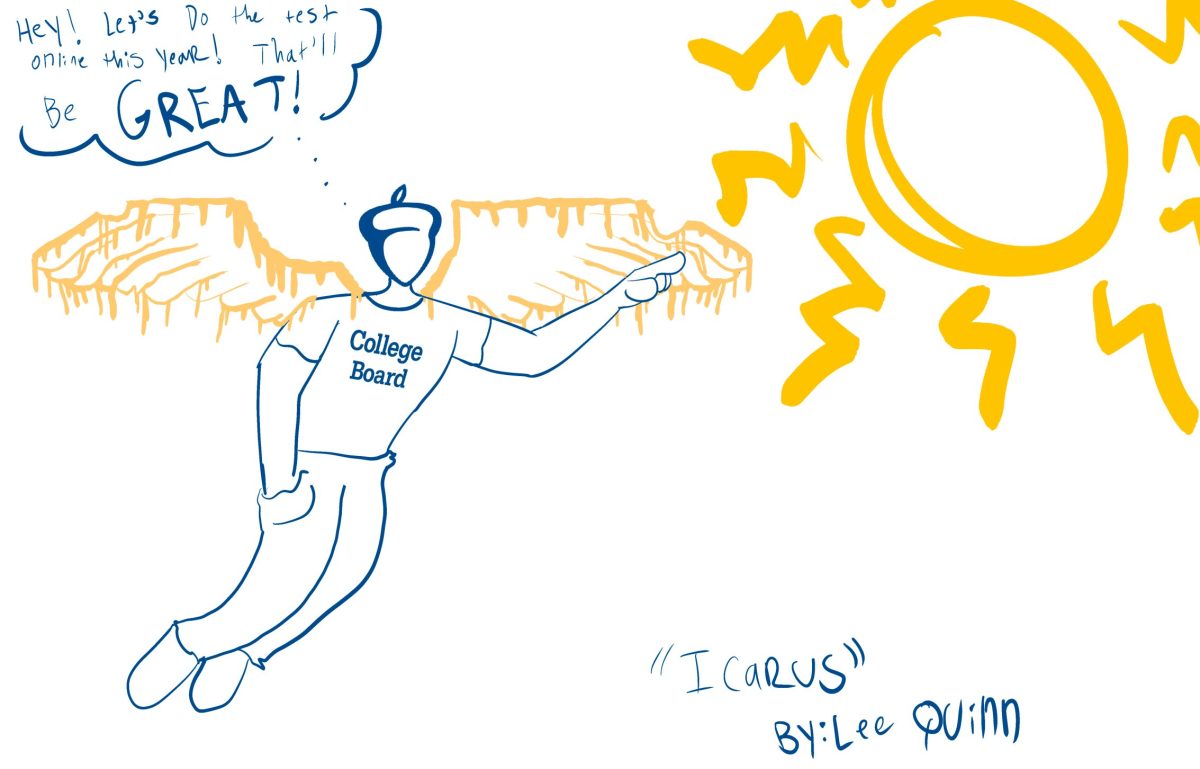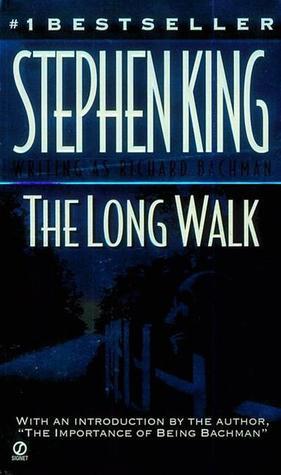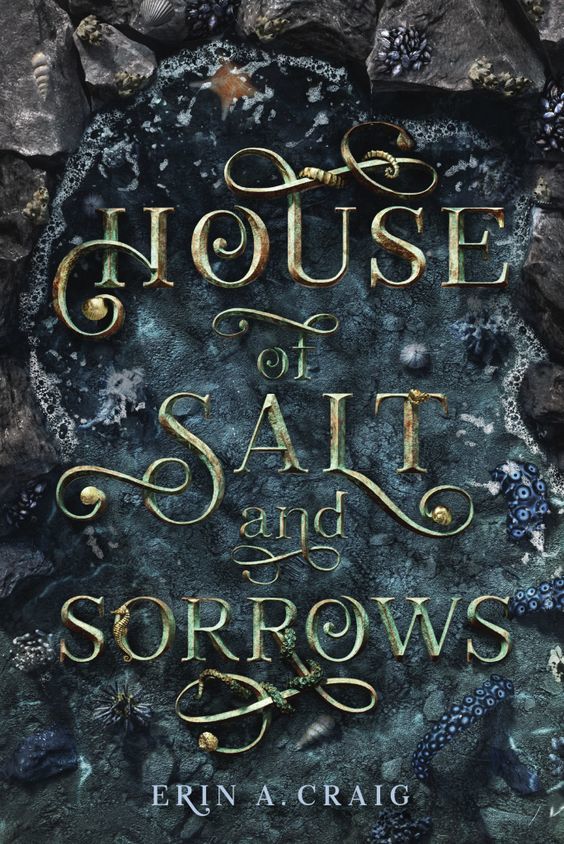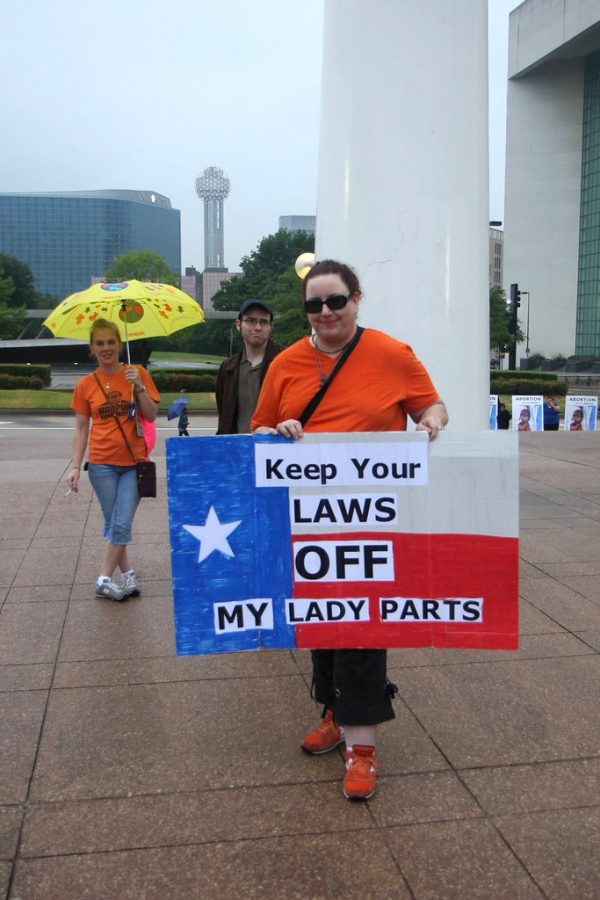Texas abortion law stirs national controversy
5-4 split decision ignites a broad range of reactions
September 28, 2021
In a 5-4 decision, the Supreme Court of the United States recently ruled in favor of Texas’ new abortion law. This controversial ruling has been considered an attack on reproductive rights, while pro-life activists are considering this a crucial victory.
Senate Bill 8 (S.B. 8), the law at the source of the controversy, was originally passed by Texas Governor Greg Abbott in May 2021. The law, which originated in Waskom, Texas, bans abortions that occur after a fetal heartbeat is detected by a medical professional. Under S.B.8, privates citizens are able to sue anyone that aids in a woman’s abortion after that heartbeat is found.
If the citizen can successfully prove their case in court, then they can be awarded at least $10,000 by the state of Texas.
Although S.B.8 is getting a lot of media attention, it is not the first strict abortion law that has passed. To date, twelve other states have passed laws with similar limitations.
All twelve of those laws were eventually blocked because state officials are not legally allowed to restrict abortion under the Supremacy Clause. Specifically, the Supreme Court’s 1973 ruling in Roe v. Wade, falls under the jurisdiction of the Supremacy Clause, therefore state officials cannot enforce the limitation of abortion services.
Uniquely, S.B.8 allows private citizens, not state officials, to enforce the abortion restrictions. Therefore, the law is not violating the Supremacy clause.
Whole Woman’s Health, an abortion and gynelogical services provider, challenged S.B. 8 in the Supreme Court. However, the court ruled that Whole Woman’s Health did not prove that there would be any harm done if the court did not intervene.
The vote split mostly across ideological lines with conservative justices Alito, Coney Barrett, Gorsuch, Kavanaugh and Thomas voting to uphold the law, and liberal justices Breyer, Kagan and Sotomayor voting to intervene with the law.
Chief Justice Roberts, a conservative, decided to side with the liberal justices to make four dissenters. The liberal justices made their dissenting positions clear with numerous opinions, and Justice Breyer went as far as to speak publicly about his dissent.
The court’s decision caused many to publicize their reactions and opinions on social media.
Large rideshare companies, Uber and Lyft, vowed to protect their employees and have offered to pay for the legal fees in the event that one of their drivers are sued for driving a woman to receive an abortion.
President Biden vowed to protect constitutional abortion rights, and his administration recently sued the state of Texas.
Attorney General Garland and the Department of Justice have asked the court to stop the enforcement of the Texas law with an injunction.


















